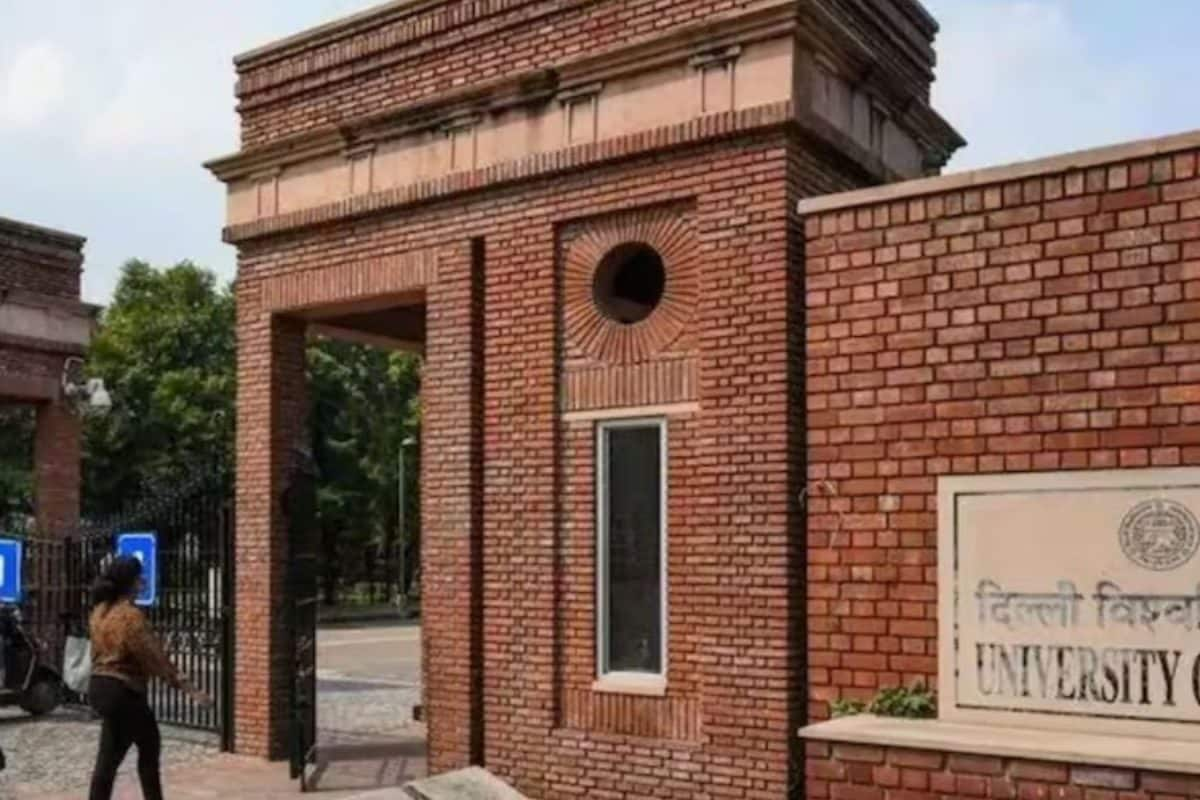

The Delhi High Court on Monday overturned an order from the Central Information Commission (CIC) that directed Delhi University (DU) to disclose information regarding Prime Minister Narendra Modi's Bachelor of Arts degree. Justice Sachin Datta presided over the case, allowing the appeals filed by DU against the 2017 CIC order.
The core of the issue stems from a 2016 RTI application filed by activist Neeraj Kumar, who sought access to the records of all students who passed the BA examination in 1978, the year Modi is said to have graduated from Delhi University. The University initially denied the request, citing that the information was considered "third party information" and raising privacy concerns. The CIC, however, did not accept this argument and ordered DU to permit the inspection of the records. The CIC justified its order by stating that the educational qualifications of a public figure, especially the Prime Minister, should be transparent and a matter of public interest. The commission also stated that the register containing this information would be considered a public document.
DU challenged the CIC's order in the Delhi High Court in January 2017, where the court then stayed the implementation of the order. Representing DU, Solicitor General Tushar Mehta argued that the "right to privacy" outweighs the "right to know" in this case. He stated that the university was willing to present the degree records to the court for its review but opposed making the records public for scrutiny by strangers. Mehta also argued that releasing the data would set a dangerous precedent and could potentially hinder the functioning of public authorities. The university maintained that it holds students' information in a fiduciary capacity and that "mere curiosity," without a larger public interest, does not justify seeking private details under the RTI law.
Senior Advocate Sanjay Hegde, representing the RTI applicant, argued that the RTI Act permitted the disclosure of the Prime Minister's educational records in the larger public interest. He contended that the information sought would normally be published by any university on notice boards, websites, and even in newspapers.
In its ruling, the Delhi High Court sided with Delhi University, setting aside the CIC's order. The court agreed with DU's argument that disclosing the records of all students from 1978 would violate the privacy rights of thousands of individuals, not just the Prime Minister. The court stated that the CIC's directive lacked legal justification.
This legal battle has been ongoing for nearly a decade, revolving around the disclosure of PM Modi's academic records and, more broadly, the records of all students who cleared the BA examination from DU in 1978. The debate raises important questions about the balance between the right to information and the right to privacy, as well as the extent to which the educational qualifications of public figures should be subject to public scrutiny. The parties involved can now approach the Supreme Court.